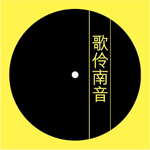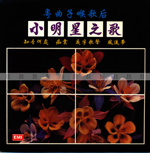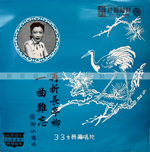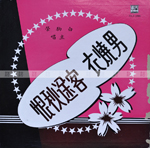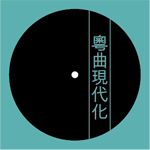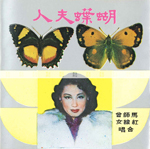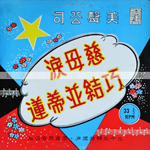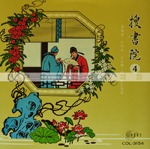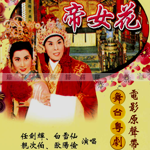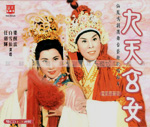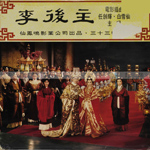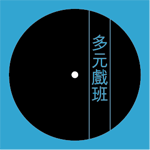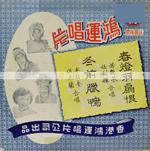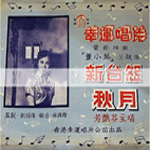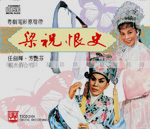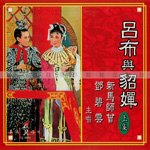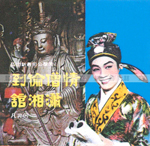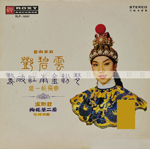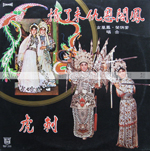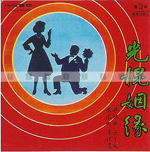Since the early twentieth century, Hong Kong has always been an important venue for Cantonese opera development. After 1949, as a result of political turmoil in the Mainland, performers and troupes converged and resettled in the territory, leading to a tremendous prospering of Cantonese opera in the subsequent decade. This development is linked intimately with the rise of the electronic media.
Performers and troupes began to grasp the possibilities offered by film and radio to re-examine age-old performance practices with regard to acting, singing, script writing, instrumentation, and stage set-up. They brought in novel elements from the theatre and movie world, and participated in the production of films and records. With these acts, they are extending the movement to modernize Cantonese opera that began in the 1930s.
Wong Jum-sum was thoroughly immersed in the world of Cantonese opera from young. Through his close encounter with master performers like Hung Sin-nui, Ma Si-tsang, Yam Kim-fai, Pak Suet-sin and Tong Dik-sang, he witnessed first hand the modernization of Cantonese opera, and was mightily moved by the adventure and passion he saw.
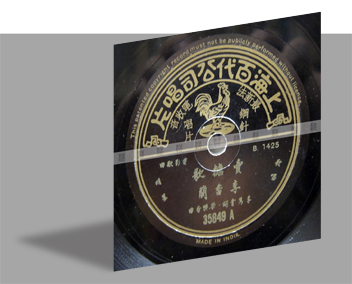

作曲:梁樂音
作詞:李雋青
主唱:李香蘭
煙盤兒富麗 煙味兒香
煙斗兒精緻 煙泡兒黃
斷送了多少好時光
改變了多少人模樣
牙如漆 嘴成方
背如弓 肩向上
眼淚鼻涕隨時淌 啊
你快快吹滅了迷魂的燈
你快快拋下了自殺的鎗
換一換口味來買塊糖
誰甜誰苦自己去嚐
賣糖呀賣糖 賣糖呀賣糖 啊
